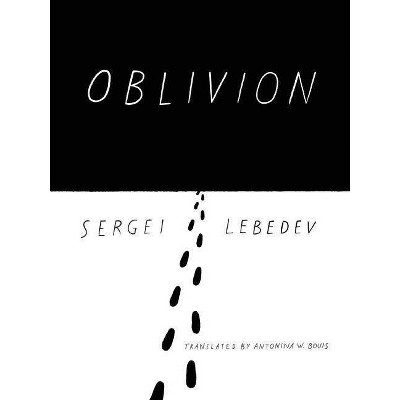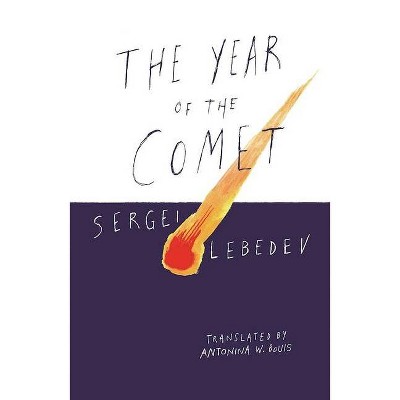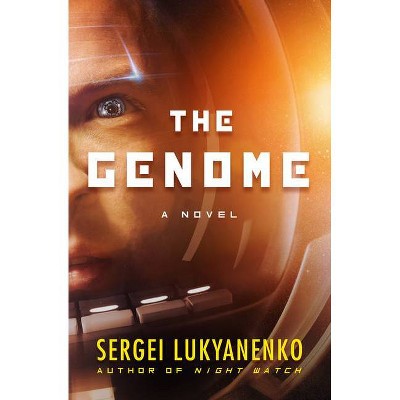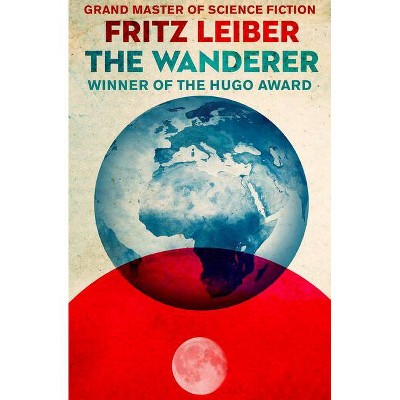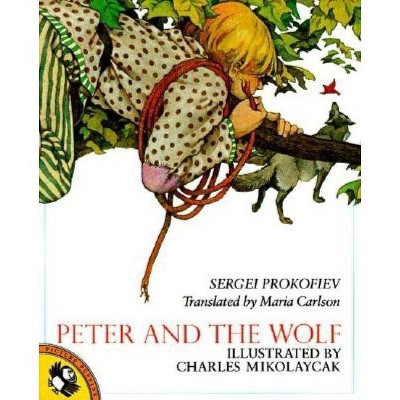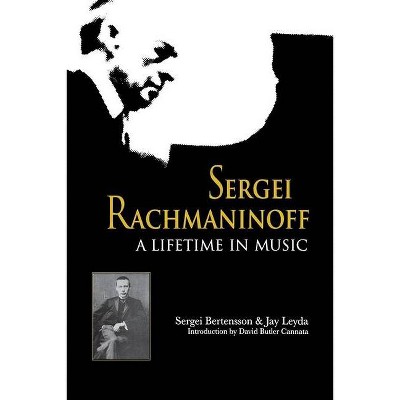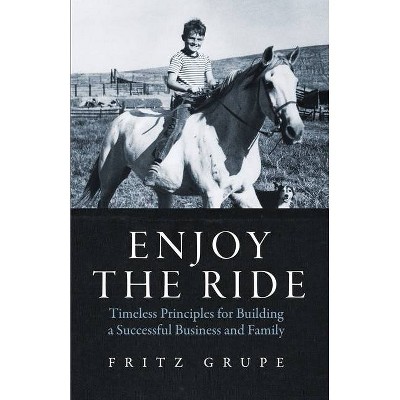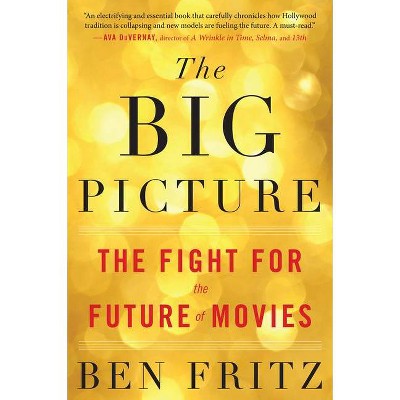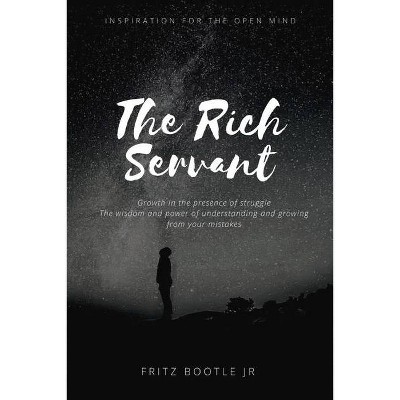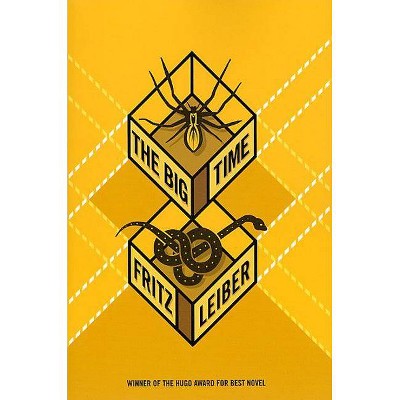The Goose Fritz - by Sergei Lebedev (Paperback)
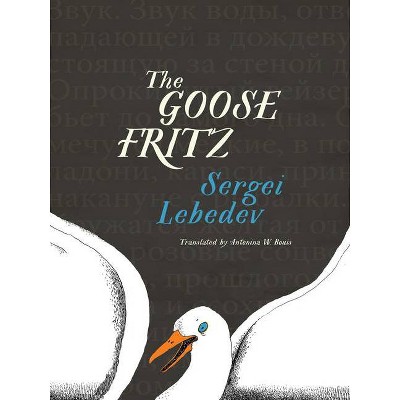
Similar Products
Products of same category from the store
AllProduct info
<p/><br></br><p><b> About the Book </b></p></br></br>A novel like an enchanting train ride that takes us deep into Russian history and national identity through the story of one exceptional family, passing through the graveyards of the past and upending a few bones in the process. <i>The Goose Fritz</i> comes on strong as a lyrical confrontation with a sometimes sinister, always fascinating, history.<p/><br></br><p><b> Book Synopsis </b></p></br></br><p>Outstanding.<br>--<b><i>The Wall Street Journal</b></i></p><p>"Lebedev's characters seek ways to cut the umbilical cord with the past."<br>--<b>Svetlana Alexievich, winner of the Nobel Prize for Literature</b></p><p>This revelatory novel shows why Karl Ove Knausgaard has likened its celebrated Russian author to an indomitable ... animal that won't let go of something when it gets its teeth into it. The book tells the story of a young Russian named Kirill, the sole survivor of a once numerous clan of German origin, who delves relentlessly into the unresolved past. His ancestor, Balthasar Schwerdt, migrated to the Russian Empire in the early 1800s, bringing with him the practice of alternative medicine and becoming captive to an erratic nobleman who had supplied dwarves, hunchbacks from Africa, and magicians to entertain Catherine the Great. Kirill's investigation takes us through centuries of turmoil during which none of the German's nine children or their descendants can escape their adoptive country's cruel fate. Intent on uncovering buried mysteries, Kirill searches archives and cemeteries across Europe, while pressing witnesses for keys to understanding. <i>The Goose Fritz</i> illuminates both personal and political history in a passion-filled family saga about an often confounding country that has long fascinated the world.</p><p/><br></br><p><b> Review Quotes </b></p></br></br><br><p>Not since Alexander Solzhenitsyn has Russia had a writer as obsessed as Sergei Lebedev with that country's history or the traces it has left on the collective consciousness ... The best of Russia's younger generation of writers.<br>--<i><b>The New York Review of Books</b></i></p><p>Outstanding ... Lebedev muses in Tolstoyan fashion about 'the energy flow of history, ' by which the actions of distant ancestors can fix the destinies of people hundreds of years later. Antonina W. Bouis has once again delivered a translation of determined, adamantine beauty.<br>--<b><i>The Wall Street Journal</i></b></p><p><i>The Goose Fritz</i> is Lebedev's third novel after <i>The Year of the Comet</i> and <i>Oblivion</i>. All three are coming-of-age stories driven by sharp awakenings and have been beautifully translated from Russian into English by Antonina W. Bouis. Lebedev's latest is his most ambitious, tackling a huge swath of Russian history -- from the beginning of the 19th century up to the present day -- while never letting its pacy, compelling narrative flag ... brave and unflinching.<br>--<b><i>The Financial Times</b></i></p><p>Masterly ... Readers get a palpable sense of history's weight and also of its loss ... Another inspiring Lebedev work.<br>--<b><i>Library Journal</b></i></p><p>Lebedev's prose is lyrical as a rule: cast in assonant patterns, attentive to rhythmic weight, responsive to the habits and desires of language. Antonina W. Bouis's translation is both faithful and inspired, spinning the story out in a tirelessly beautiful English.<br>--<b><i>The Los Angeles Review of Books</b></i></p><p>Fascinating ... An evocative excursion across more than a century, <i>The Goose Fritz</i> provokes consideration of national identity and the role it plays in sustaining an individual.<br>--<i><b>Foreword Reviews</b></i></p><p>Memorably undermine(s) the clichés of the multigenerational family saga. Lebedev's novel abounds with the sweep of history, but by filtering the experience of several generations through the perspective of one deeply introverted character, he achieves a decidedly intimate take on the form. Hanging over the proceedings is a question of national identity, which adds another dimension to the narrative."<br>--<b><i>Words Without Borders</i></b></p><p>I met Sergei Lebedev ... There was something indomitable about him that made me think about an animal that won't let go of something when it gets its teeth into it. Lebedev's books dealt with history -- it lay like a shadow over everything he wrote -- and the fact that its presence was so powerful suggested that the conflicts and tensions inherent in it were still unresolved, still had a bearing on Russian society in obscure yet palpable ways.<br>--<b>Karl Ove Knausgaard, <i>The New York Times Magazine</i></b></p><p>An overwhelming historical and literary panorama.<br>--<b><i>Frankfurter Rundschau</i></b></p><p>Lebedev is now at the height of his literary powers ... He compares the witch hunt on the German-speaking citizens of Russia during the First World War with the mutual suspicions of the Stalinist era and the persecution of dissidents in today's Russia.<br>--<i><b>Neue Zürcher Zeitung</i></b></p><p>Focuses on the hatred of outsiders, the cruel relief strategies of a frightened society ... An uncompromising critic of the Russian government ... Lebedev sees the mounting persecution of a minority not only as a consequence but almost as an inherent condition of totalitarianism.<br>--<i><b>Süddeutsche Zeitung</i></b></p><p>The hero of the novel, Kirill, enters a new world where he is confronted with shocking knowledge. It's almost as if alongside the laws of physics there is also the enigmatic force of history, the gravitation of the living past ... Lebedev strives to give expression to the unspeakable, to write about the violence, the war and the terror of Russia's recent past. Lebedev tells the story in lush and melancholy verbal imagery.<br>--<b><i>Wiener Zeitung</b></i></p><p><br><p/><br></br><p><b> About the Author </b></p></br></br><b>Sergei Lebedev</b> was born in Moscow in 1981 and worked for seven years on geological expeditions in northern Russia and Central Asia. Lebedev is a poet, essayist and journalist. <i>Oblivion</i>, his first novel, has been translated into many languages and was named one of the ten best novels of 2016 by <i>The Wall Street Journal</i>. Lebedev's second novel, <i>Year of the Comet</i>, has also received considerable acclaim.<br><b>Antonina W. Bouis</b>, who translated all three of Sergei Lebedev's novels, is one of the leading translators of Russian literature working today. She has translated over 80 works from authors such as Evgeny Yevtushenko, Mikhail Bulgakov, Andrei Sakharov, Sergei Dovlatov and Arkady and Boris Strugatsky. Bouis, previously executive director of the Soros Foundation in the former USSR, now lives in New York City.
Price History
Cheapest price in the interval: 16.89 on October 22, 2021
Most expensive price in the interval: 16.89 on November 8, 2021
Price Archive shows prices from various stores, lets you see history and find the cheapest. There is no actual sale on the website. For all support, inquiry and suggestion messages communication@pricearchive.us
